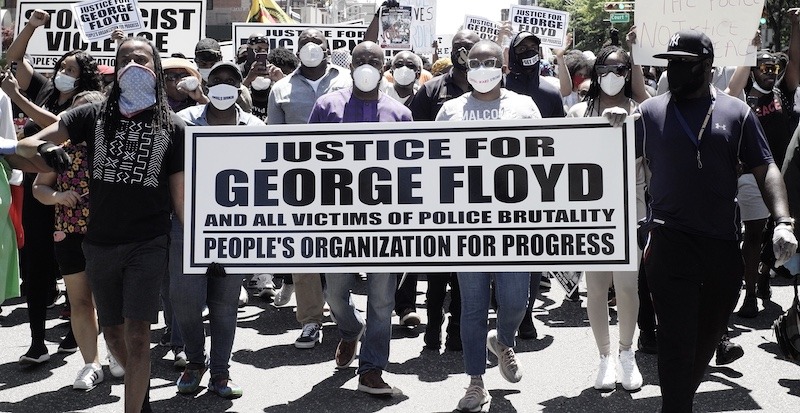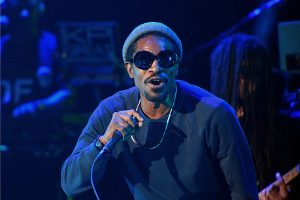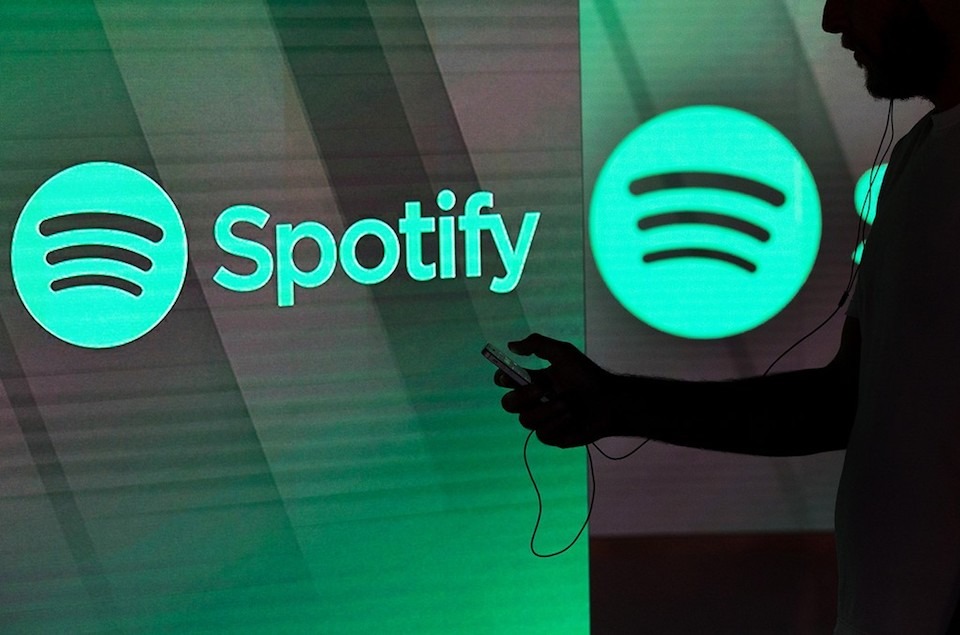– Advertisement –
Music has existed in culture for as long as human history has been recorded – and likely far longer.
From the rhythmic drumming of early tribes to complex orchestral compositions and digital beats that define modern pop, music has always been a mirror of humanity. It carries emotion, tells stories, preserves history, and brings people together in ways few other mediums can. In every era, music has adapted to social, technological, and cultural shifts, but its core value – its ability to move and unite us – has remained unchanged.
Across time, music has been an expression of identity, a catalyst for social movements, a means of worship, and a universal language that transcends barriers. Whether it is sung in a small village or streamed to millions around the world, music reflects the values, struggles, and aspirations of those who create and consume it. Despite changes in style and medium, the function of music in human life has never diminished. It continues to be a crucial element in how we connect with ourselves and with each other.
Educating the Future: Preserving Music’s Role for Generations to Come
To ensure music continues to play its essential role in society, it must be passed down, studied, and preserved. Education serves as the bridge between generations, allowing traditions to be honored while also welcoming innovation. From teaching children how to hold their first instrument to guiding advanced students through the theory behind musical arrangements, educators help mold not just musicians but cultural torchbearers.
Modern music education is evolving. While traditional conservatories and in-person training remain vital, online learning platforms have created broader access to professional training and specialization. One notable option for those looking to influence the next generation of musicians is pursuing an online masters in music education, which provides both flexibility and depth for aspiring or current educators aiming to sharpen their skills and deepen their impact. This approach ensures that the transformative power of music continues to reach new audiences and learners, regardless of geography or background.
Education, both formal and informal, has always been central to preserving the diversity and richness of musical traditions. As musical genres expand and new technologies reshape how music is created and consumed, education plays a pivotal role in grounding students in both foundational knowledge and innovative practices.
Music as a Cultural Storyteller
Music has always been intertwined with storytelling. Every note and lyric can reflect a moment in time, a societal trend, or a personal experience. In oral traditions, where written records were scarce or nonexistent, songs passed on the knowledge of ancestors. Ballads commemorated victories and losses. Chants marked spiritual rituals. Even today, modern music serves as a vehicle for commentary on political, environmental, and social issues.
Genres like blues, hip-hop, folk, and reggae have historically voiced the struggles of marginalized communities, capturing injustices and resilience through rhythm and rhyme. Music doesn’t merely entertain – it documents. And through documentation, it becomes a form of resistance and preservation. Without it, entire stories risk fading into silence.
The Role of Music in Identity Formation
Music is more than sound when it comes to culture – it’s an anchor to who we are. People define their identities, in part, through the music they love. It speaks to our backgrounds, beliefs, and even aspirations. Adolescents often discover themselves through music, gravitating to genres or artists that echo their internal worlds. This identification is not just personal; it connects individuals to communities with shared tastes and values.
For example, subcultures have emerged entirely around musical genres – punk, hip-hop, metal, EDM – each with its own aesthetic, code of conduct, and worldview. These communities offer more than entertainment; they provide belonging. Music, in this way, becomes a safe space for self-expression and acceptance.
Music’s Role in Emotional Well-being
One of music’s most powerful effects on culture, is its ability to impact emotional and mental health. A single song can trigger a wave of nostalgia, joy, or introspection. It has the power to soothe anxiety, elevate moods, and even aid in the recovery of trauma. Music therapy is now widely recognized as an effective treatment tool, particularly for patients dealing with mental health issues, cognitive disorders, and emotional challenges.
The human brain responds uniquely to music. It activates emotional centers, promotes memory recall, and even encourages physical responses like movement or relaxation. This emotional depth explains why music often accompanies major life events – weddings, funerals, celebrations, and rituals. It provides a backdrop to our most memorable moments, helping us process and anchor our experiences.
Music’s Evolving Role in the Digital Age
Technology has reshaped how we experience and interact with music. From vinyl to streaming platforms, the accessibility of music has never been greater. With just a few taps, listeners can explore centuries’ worth of musical evolution, discover artists across continents, and create personalized soundtracks for every moment of their lives.
While this democratization of music has increased exposure and diversity, it also brings challenges. Algorithms now influence what people listen to, often reinforcing popularity over quality or cultural depth.
However, the digital age also empowers independent artists and niche genres, offering platforms to those who might not have had access to traditional industry channels. Musicians can now build careers without major labels, connecting directly with their audiences through social media and digital distribution.
The Unbreakable Bond Between Humanity and Sound
Even as trends shift and new genres emerge, the connection between music and humanity remains strong. From the earliest lullabies to cutting-edge experimental compositions, music taps into something deeply primal and universal. It doesn’t require translation, yet it can communicate the most complex emotions.
In moments of silence, music fills the void. In moments of chaos, it brings clarity. It captures the nuance of life in ways words often can’t. Whether we are celebrating a milestone, mourning a loss, or simply driving home after a long day, music meets us exactly where we are.
All in all, music is far more than entertainment in culture – it is an eternal thread in the human experience. It shapes identities, tells untold stories, and connects generations. Through education, emotional expression, cultural preservation, and personal identity, music serves a purpose that goes beyond notes and lyrics.
– Advertisement –







